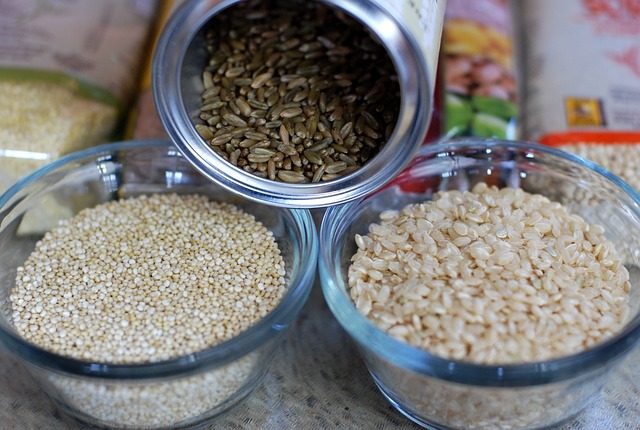Arthritis, a condition characterized by joint inflammation and pain, affects millions of individuals worldwide. While medical interventions play a crucial role in managing symptoms, adopting the right diet and lifestyle changes can significantly contribute to improved quality of life for arthritis sufferers. This article offers a comprehensive guide to managing arthritis through dietary choices and lifestyle adjustments.
Dietary Strategies for Arthritis Management
- Anti-Inflammatory Foods: Incorporate foods rich in antioxidants and omega-3 fatty acids, such as fatty fish (salmon, mackerel), nuts, seeds, and colorful fruits and vegetables. These foods can help reduce inflammation and potentially alleviate arthritis symptoms.
- Whole Grains and Fiber: Opt for whole grains like brown rice, quinoa, and whole wheat, which are high in fiber and promote digestive health. A healthy gut contributes to overall well-being, which is especially important for arthritis sufferers.
- Limit Processed Foods and Sugar: Minimize consumption of processed foods and sugary treats. Excessive sugar and unhealthy fats can contribute to inflammation and may exacerbate arthritis symptoms.
- Calcium-Rich Foods: Include dairy or dairy alternatives fortified with calcium and vitamin D to support bone health. Arthritis sufferers often have an increased risk of osteoporosis, so maintaining strong bones is crucial.
- Hydration: Drink an adequate amount of water to maintain joint lubrication and overall hydration. Herbal teas and water-rich foods like fruits and vegetables can also contribute to fluid intake.
Lifestyle Changes for Arthritis Management
- Regular Exercise: Engage in low-impact exercises like swimming, cycling, and walking to maintain joint flexibility and muscle strength. Consult a healthcare professional before starting a new exercise regimen.
- Weight Management: Maintaining a healthy weight reduces the strain on joints, particularly weight-bearing joints like hips and knees. A balanced diet and regular exercise can help achieve and maintain a healthy weight.
- Stress Management: Practice stress-reduction techniques like deep breathing, meditation, and yoga. Chronic stress can exacerbate arthritis symptoms, so finding ways to relax and unwind is essential.
- Adequate Sleep: Prioritize quality sleep to allow the body to repair and recover. A comfortable mattress and sleep-friendly environment can contribute to better sleep quality.
- Joint Protection: Use assistive devices when necessary, such as ergonomic tools or braces, to reduce strain on affected joints during daily activities.
Consultation and Monitoring
Before making significant diet and lifestyle changes, consult a healthcare professional, preferably a registered dietitian or rheumatologist. They can provide personalized guidance based on your specific type of arthritis, overall health, and individual needs.
Managing arthritis involves a holistic approach that combines medical interventions, diet, and lifestyle adjustments. By making informed dietary choices and embracing positive lifestyle habits, individuals with arthritis can experience reduced inflammation, improved joint function, and enhanced overall well-being. Remember that consistency is key, and working closely with healthcare professionals ensures that your approach to managing arthritis is safe and effective.
Image by Freepik
Natural Remedies
-

Easy 5 Kitchen Remedies to Beat Bloating Naturally
Bloating can be a discomforting sensation, often caused by various factors including dietary choices and digestive issues. Fortunately, your kitchen is filled with ingredients that can help alleviate bloating and promote better digestion. In this article, we will explore five effective kitchen remedies for bloating, along with instructions on how to use them and the…
-

Sauna Improves Heart Health in These Ways
-

How Breathwork Helps to Improve Respiratory Health
-

Natural Remedies for Sinus Infections For Quick Relief
-

How Sauna Therapy Can Cleanse and Detoxify the Body
-

Naturally Combating Fatigue: Effective Remedies to Boost Energy and Vitality
-

9 Natural Remedies for Acid Reflux and Heartburn









Leave a Reply